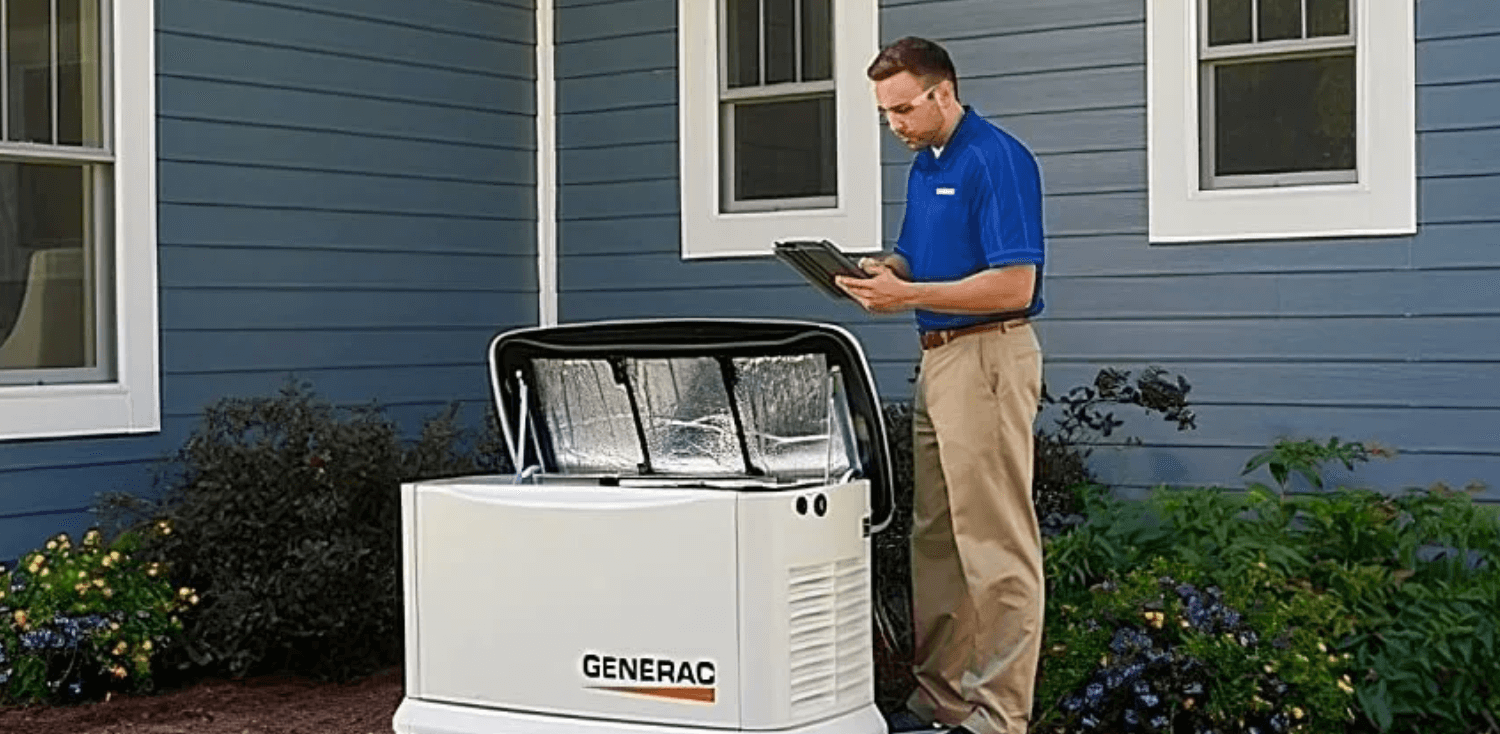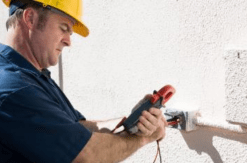When the power goes out in Connecticut, having a backup generator can be a lifesaver. Whether it’s a hurricane, snowstorm, or unexpected grid failure, a home standby generator keeps the lights on and your family safe. However, with great power comes great responsibility—generator safety is crucial to prevent serious hazards, such as carbon monoxide poisoning, fire, or electrical shock.
At Patnode Electric, we specialize in whole-home generator installation and service for residential properties across Connecticut. Here are some must-know generator safety tips for homeowners to protect your property and your loved ones.
1. Install Your Generator the Right Way With a Licensed Electrician
One of the most important safety steps is professional generator installation. Improper wiring or placement can lead to fire risks or electrocution. Our team at Patnode Electric ensures your system is installed to meet local Connecticut building codes, with the correct automatic transfer switch and ventilation.
2. Never Run a Portable Generator Indoors
Even if it’s in a garage with the door cracked open, do not run a portable generator inside your home. Portable generators emit deadly carbon monoxide gas, which is odorless and can accumulate rapidly. Always run portable units outdoors, at a distance from windows, doors, and vents.
3. Keep Your Generator Dry and Protected
Water and electricity don’t mix. Never operate a generator in the rain or near standing water unless it’s protected by a weatherproof cover specifically designed for generator use. All generator installations in Connecticut should be placed on a proper base and protected from snow, sleet, and heavy rain.
4. Regular Generator Maintenance is a Must
Just like your car, your home generator needs regular maintenance to run efficiently and safely. This includes:
- Changing the oil
- Checking fuel and coolant levels
- Testing the battery
- Inspecting wiring and connections
- Running monthly self-tests
At Patnode Electric, we offer scheduled generator service and maintenance plans for homeowners throughout Connecticut to keep your system in peak condition, especially before storm season hits.
5. Use Heavy-Duty Extension Cords or Hardwired Systems
If you’re using a portable generator, make sure to use heavy-duty, grounded extension cords rated for outdoor use. Never plug a generator directly into your home’s outlets—this is called backfeeding, and it’s extremely dangerous. It can cause injury to utility workers and damage your electrical system.
For the safest results, ask about our permanent standby generator solutions with professional transfer switch installation.
6. Fuel Storage Safety
Gasoline and propane should always be stored away from your generator in clearly labeled, approved containers. Keep fuel in a well-ventilated area and out of reach of children or pets. Always let the generator cool before refueling to avoid fire hazards.
7. Know When to Call the Pros
If your generator is making strange noises, failing self-tests, or you’re experiencing inconsistent power, don’t wait for a full breakdown. Our team of licensed electricians at Patnode Electric can quickly diagnose and repair generator issues before they become emergencies.
Need Help with Generator Installation or Service in Connecticut?
Whether you're looking to install a whole-home standby generator or need maintenance on an existing system, Patnode Electric is your trusted partner. We proudly serve homeowners across Central Connecticut and beyond.
- Licensed and insured
- Certified Generac dealer
- Local experts with 5-star service
Ready to protect your home with a reliable backup power solution? Call us today at 860-429-3574, or request a free quote online.
Patnode Electric — Your trusted team for generator installation and service in Connecticut.




